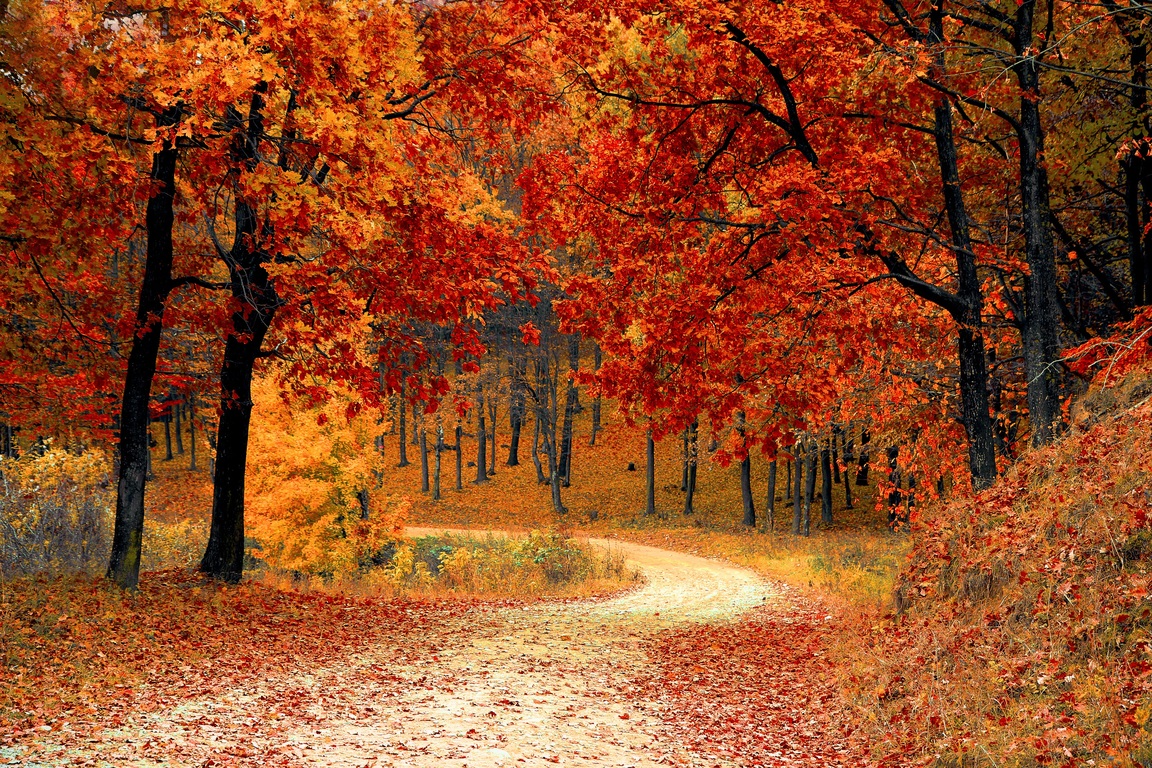Reconnecting with our mission
An autumn reflection from our adult formation coordinator, Deacon David Cross…
Autumn is a wonderful season. Trees give us one last vivid, golden flourish as they begin to lose their leaves. As the sun sets earlier, we are more likely to see some beautiful red, gold and purple colours in our evening skies.
As autumn gently melds into winter, in previous years we would close the curtains and snuggle in front of the TV, cosily warm.
This year things could be very different. We’ve heard much talk in the media about rising poverty levels here at home and the very real fear that many people have over whether they will be able to eat or heat their homes this winter. Many small business owners fear that they may have to close. To add to this, we could find ourselves in another wave of Covid – and that’s not to mention climate change!
I’m not trying to spread doom and gloom but seeking to draw our attention to our “mission” as Christian people and communities.
It is probably more necessary now than it has been for some time, for us to live out our mission by looking out for each other. Making sure that in our own neighbourhood, we know who might be in need, we know who might need help or support and are maybe too proud to ask us for it.
In the recent synod process, in which over two-thirds of parishes in this diocese took part, parish groups were asked by Pope Francis to find ways of reaching out to people on the margins of our faith and wider community.
This was a big ask, given the speed with which the synod consultation process had to be worked through. Nevertheless, it should have made us think about how we might reach out to people on the margins and put structures in place to help us to do this.

We have known since very early this year that people were going to be plunged into a cost of living crisis due to a combination of the effects of Covid, Brexit and more recently, Russia’s invasion of Ukraine, further exacerbated by increasing oil prices.
Due to this combination of events, we may well see the impact on our own doorsteps. We may see family and friends affected – indeed, we may already be seeing these effects.
For the first time in many of our lives, the cost of the basics seems to be spiralling out of control.
You’re probably asking the question, “What can I do?”
We may not be able to impact decisions made in boardrooms or government plans, but we can do some things:
· You can offer practical help locally such as donating to the nearest foodbank. Find out who the local charities and groups are that support the unemployed and low-paid, the homeless, victims of domestic violence, those with addictions, the elderly, the disabled, the vulnerable, refugees… There are so many groups and charities you can support, either with financial donations or by giving of your time. Why not explore how your parish community might help?
· Inform yourself and those closest to you. Catholic Social Teaching offers us sound analysis of the causes of many of the social and economic issues we now face and offers responses, many of which are ignored by those in positions of power and authority. We Should start making them aware of what our Church, and we ourselves, think ought to be the responses to our situation. Maybe we could lobby our MPs and the CEOs of multinational corporations? We often forget that the cost of things is decided by people and not some invisible hand. Maybe we can begin by asking, “What has become of the Common Good?”
Just as in the depths of the pandemic our parish communities responded to the needs arising around them, so they are well placed to respond in this latest crisis. The 1980s’ slogan. “Think globally, act locally” is so appropriate, as are the thoughts of Pope Emeritus Benedict XVl in his Encyclical Caritas in Veritate, para 7:
“[An] important consideration is the common good. To love someone is to desire that person’s good and to take effective steps to secure it. Besides the good of the individual, there is a good that is linked to living in society: the common good. It is the good of “all of us”, made up of individuals, families and intermediate groups who together constitute society. It is a good that is sought not for its own sake, but for the people who belong to the social community and who can only really and effectively pursue their good within it. To desire the common good and strive towards it is a requirement of justice and charity.”
Let us not despair at what might be but work with our sisters and brothers to seek just solutions to the issues and problems we face. Let us remind ourselves that each of us is in God’s hands. Jesus invites us to be lights in the darkness for all people, bringing the light and peace of Christ to those whose hearts are trembling with fear. This is our mission. We are a people of love, hope, peace and of justice with mercy – people of Good News.
The diocese has a very simple checklist-type resource for groups and individuals that offers some ways of reaching out to people on the margins. For a copy, email adultformation@rcdmidd.org.uk or call 01642 850505 and ask to be put through to Adult Formation.
The Diocesan Synthesis of our synod parish consultations is available on the diocesan website and a copy can be ordered from Adult Formation. This document may help your parish plan its way forward.
Visit middlesbrough-diocese.org.uk/adult-formation-resourcesfor more resources available to help your parish community in just about any venture.

